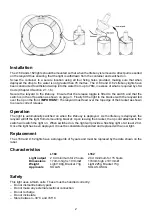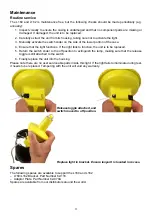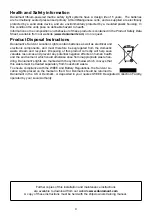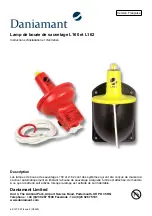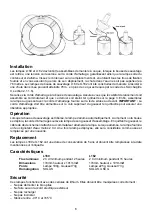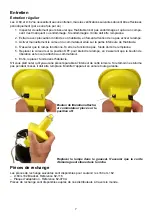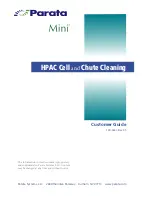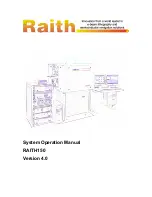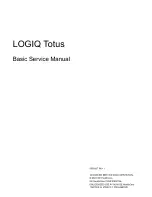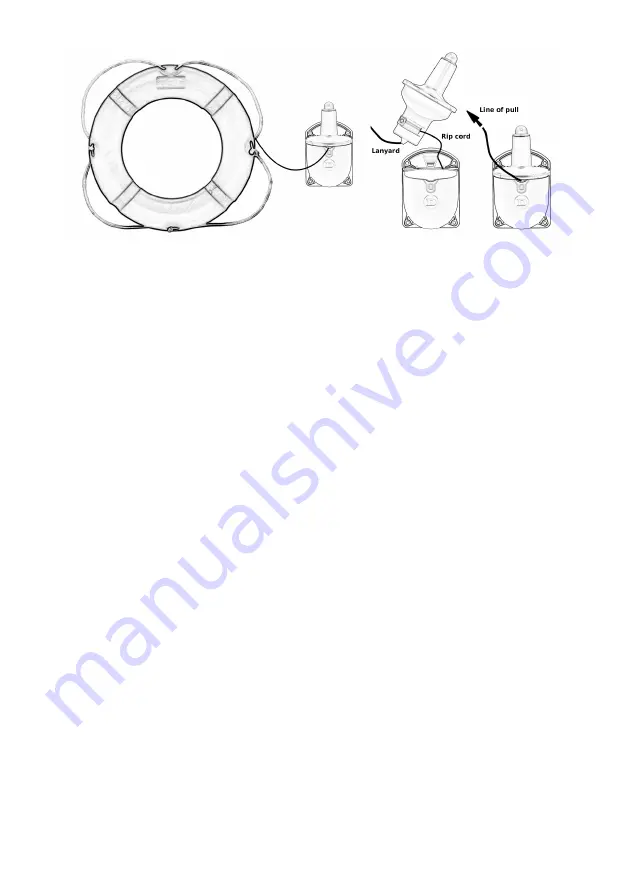
Installation
The L160 and L162 lights should be mounted so that when the lifebuoy is removed a direct pull is exerted
on the lanyard thus ensuring that the light is withdrawn from the container and switched on.
Screw the container to a secure location using all four fixing holes provided, making sure that when
deployed the drop to the water is not greater than 76 metres. The L160 and L162 Lifebuoy lights have
been constructed to withstand a drop into the water from up to 76M, in excess of what is required by LSA
Code (Chapter II Section 2.1.1.6).
Secure the lanyard to the lifebuoy. Ensure that the release toggle is fitted to the switch and that the
switch is in the off position as shown on page 3. Finally fit the light to the bracket with the lanyard fed
over the lip on the front.
IMPORTANT:
The lanyard must feed over the top edge of the bracket as shown
to ensure correct release.
Operation
The light is automatically switched on when the lifebuoy is deployed. As the lifebuoy is deployed, the
lanyard will lift the light from its mounting bracket. Upon leaving the bracket, the rip cord attached to the
switch will switch the light on. When switched on, the light will provide a flashing light of at least 2 Cd.
Once the light has been deployed, it must be considered expended and replaced with a new light.
Replacement
The L160 and L162 lights have a storage life of 5 years and must be replaced by the date shown on the
label.
Characteristics
L160
L162
Light output
2 Cd minimum for 2 hours
2 Cd minimum for 15 hours
Dimensions
174mm high x 101mmØ
174mm high x 101mmØ
Weight
Light 190g, Bracket 73g
Light 225g, Bracket 73g
Approvals
SOLAS
SOLAS, USCG
Safety
This light uses Lithium cells. These must be handled correctly:
– Do not dismantle battery pack
– Do not make any external electrical connection
– Do not recharge
– Do not incinerate
– Store between –30°C and +65°C
2


